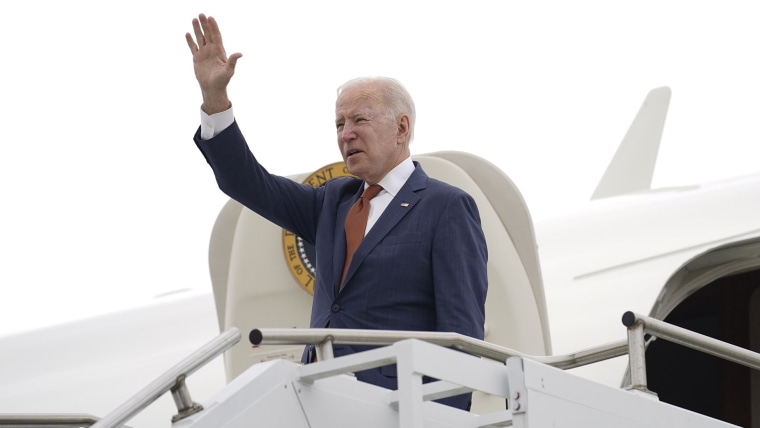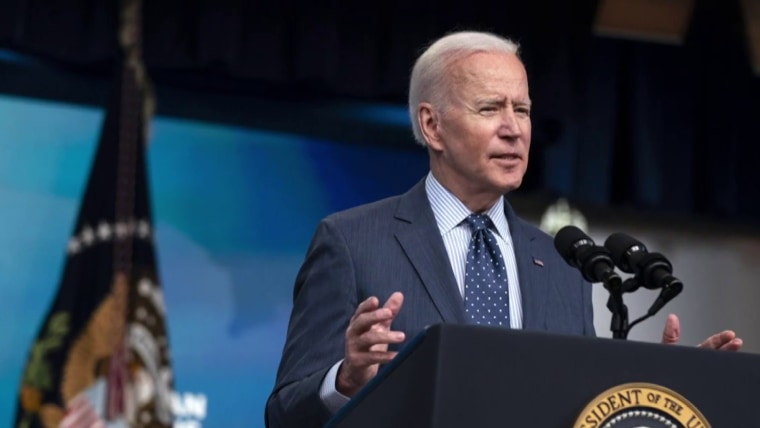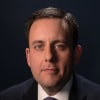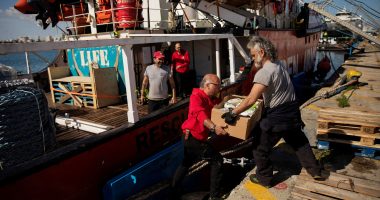WASHINGTON — For almost all of the nearly five decades President Joe Biden has spent at the forefront of U.S. foreign policy — a core part of his political brand — he has done so without setting its course.
As chairman of the Senate Foreign Relations Committee, he reacted to presidential doctrines. And while he was a leading voice in decisions in the Obama administration as vice president, he ultimately carried out his boss’s global vision.
Now that Biden gets to set his own agenda, he’s filtering it through a domestic policy lens and hopes in his first overseas trip as president this week to stabilize some of the more contentious global dynamics so he can maintain his stateside focus.
“Get ready for a lot of ‘foreign policy for the middle class,'” a White House official said.
That idea — that a strong middle class is the anchor of a stable democracy — has been at the heart of Biden’s approach since he took office. Biden has aimed to execute a domestic foreign policy, one that ties refurbishing a bridge in northwest Ohio and expanding broadband to rural Indiana to countering threats from China and Russia.
If there’s a comparison to be made with previous presidents, Biden’s agenda is akin to a softer version of former President Donald Trump’s America First policy, one that unapologetically prioritizes the U.S. The difference is that Biden is trying to corral U.S. allies to bolster his approach, as he will on this trip, rather than trying to convince them that America can succeed on its own.
His emphasis on delivering tangible results to Americans, like stimulus checks and hitting modest benchmarks for tackling Covid-19, is a road map he will press Western allies to follow as they still struggle to contain the coronavirus pandemic and revive their own economies, at what he has said is a defining moment in a battle between democracies and autocracies.
“In this moment of global uncertainty, as the world still grapples with a once-in-a-century pandemic, this trip is about realizing America’s renewed commitment to our allies and partners, and demonstrating the capacity of democracies to both meet the challenges and deter the threats of this new age,” Biden wrote in The Washington Post over the weekend.
Picking up where he left off
The trip will look different from those of his recent predecessors.
While former President Barack Obama’s trips abroad centered on sweeping, thematic speeches outlining U.S. policy, Biden plans no major addresses. He’s also not taking an aggressive swagger to gatherings of world leaders — first the Group of Seven summit in the U.K., then the NATO meeting in Brussels — as Trump did.
An official described it more as a “blocking and tackling” exercise to make the most of rare face time with key allies, with his actions speaking for themselves.
“It’s the first trip. It’s a very packed schedule. And the goal of the trip is far more about America taking its place on the world stage,” said Anita Dunn, a senior White House adviser.
The coronavirus has prevented Biden from traveling internationally, but officials say they probably would have followed a similar course regardless. This trip is a natural continuation of previous engagements, which started with virtual meetings with leaders from Canada and Mexico, followed by visits to Washington by Japan’s prime minister and South Korea’s president.
The message Biden will take on his first foreign trip as president flows directly from his last as vice president a little more than four years ago. Addressing the World Economic Forum in Davos, Switzerland, just two days before Trump was inaugurated, Biden warned that the forces of globalization were “effectively hollowing out the middle class — the traditional engine of economic growth and social stability in Western nations.” He called on countries to “take action to mitigate the economic trends that are stoking unrest in so many advanced economies and undermining people’s basic sense of dignity.”
Two years later, when he last traveled abroad as a private citizen before he launched his campaign, Biden countered Trump’s America First argument by saying it was only by “working in cooperation with our friends that we are going to be able to harness the forces of a rapidly changing world, to mitigate their downsides and turn them to our collective advantage.”
Now is his chance to follow through. At the G7 Summit, which is being held in the southwest England county town of Cornwall, Biden will work to bring allies on board with plans to end the pandemic and tackle climate change while offering a proposal to boost infrastructure in the developing world to counter China’s “Belt and Road Initiative.”
At NATO, he is expected to urge member nations to be forward-thinking about challenges like cybersecurity and an increasingly assertive China — issues that dovetail with his domestic agenda. And he’ll look ahead to the 20th anniversary of the terrorist attacks of Sept. 11, 2001, the only time NATO has invoked Article V — that an attack on one member nation is an attack on all — and reaffirm the U.S. commitment to it. Trump left open the possibility that he wouldn’t abide by Article V and nearly stripped a public commitment to it from a speech in Brussels early in his presidency.
The Putin plan
The White House has also sought to draw a distinction from Trump on Russia. Officials insist that Biden plans to take a hard line with Russian President Vladimir Putin in their first in-person meeting on the final stop of his trip in Geneva, although even some Biden allies think simply having agreed to the summit is a show of weakness.
“Joe Biden is not meeting with Vladimir Putin despite our countries’ differences. He’s meeting with him because of our countries’ differences,” national security adviser Jake Sullivan said Monday.
Biden has tried to avoid talking extensively about Trump since he took office, but some White House officials see Trump’s imprint on the world stage as a useful foil and a reminder to allies of how unpredictable America recently was.
Biden’s attempts to link foreign policy to his domestic agenda got a lift when G7 nations agreed to a 15 percent global minimum tax rate. But the effort gets trickier when it comes to Russia.
Michael McFaul, who was the U.S. ambassador to Russia during the Obama administration, said Biden could link domestic policy and U.S.-Russia policy when it comes to his agenda on protecting Americans from disinformation and cyberattacks. Still, he said, Moscow is one challenge for which Biden’s domestic foreign policy approach might face its limits.
“In some arenas it works better than others,” McFaul said. “It’s particularly hard to figure out how that works with Russia.”
Source: | This article originally belongs to Nbcnews.com














